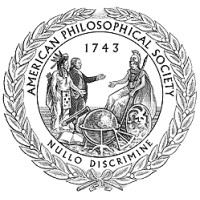
San Diego Law Library
The San Diego Law Library (SDLL) is a public library open to all residents of San Diego County. We support full, equal, and open access to legal information and to the discovery of new and advanced legal research methodologies. We envision this linkedin page as a forum for interactive discussions on the future of librarianship, law libraries and legal research. Here we will explore the future of law librarianship and legal research. In this forum, we will faciliate interactive discussions between librarians, attorneys, and judges with the purpose of advancing legal research and discovering new methods for promoting easier accessibility and delivery of legal information to all individuals who seek legal knowledge.






